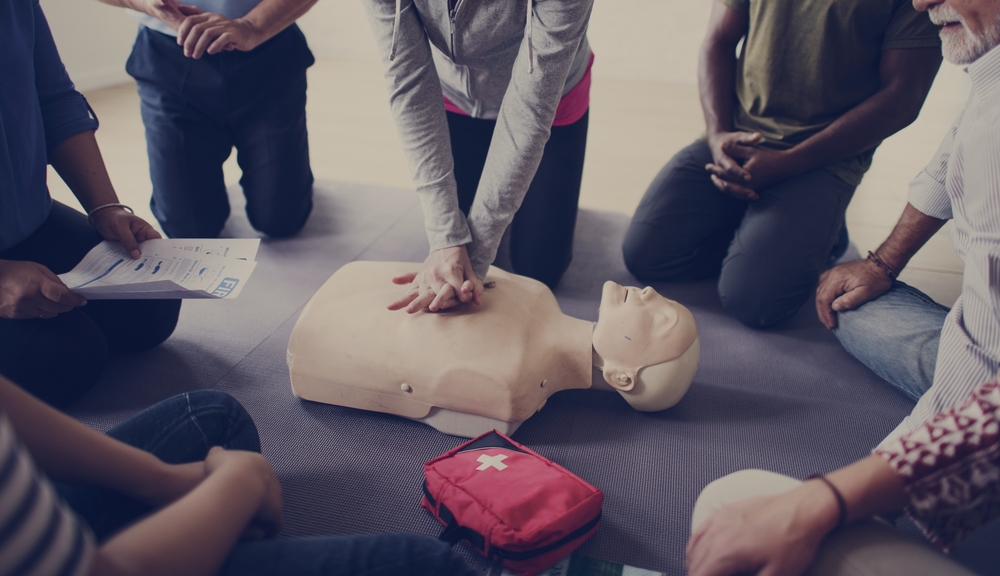When it comes to workplace safety, health and safety awareness, as well as general knowledge of health and wellbeing, are absolutely vital. No matter what the size and sector of a business, having a qualified occupational first aid practitioner is not just an asset to a company, but is also a statutory requirement in the vast majority of companies. There are plenty of First Aid courses available, of varying length, scope and expertise, but there is no point in doing a First Aid course if it is not properly accredited. In order to meet the accreditation standards, the First Aid course must be recognised by both the Health & Safety Authority & The Pre Hospital Emergency Care Council. It must also have at least Level 5 on the QQI National Framework of Qualifications. Properly accredited Occupational First Aid Courses now include elements such as Cardiac First Responder Training. Based on the size of your organisation, there is a requirement to have a sufficient number of personnel who are trained in First Aid.
What is First Aid Training
First Aid Training Courses are delivered by qualified personnel and focus on various elements of First Aid, medical emergencies and emergency response in terms of their workplace applications. The training must be conducted by a Registered Occupational First Aid Instructor, who must be properly accredited with an organisation who is registered with both the HSA and the PHECC. While elements of the course are delivered in a lecture based environment, with visual aids and demonstrations, a large part of the course is done through practical, hands-on demonstrations and assessments. The course is generally three days in length and is followed by an assessment, following which, if successful, participants will be awarded the relevant certificate of capability in this area. Most commonly, these certifications are valid for a period of up to two years.
Course content includes
- First Aid in the workplace and why it is important
- Risks and hazards in the workplace
- Commonality and cause of workplace injuries
- Initial patient assessment and actions
- How to deal with wounds and bleeding injuries
- How to assess and treat concussion or any alteration to a person’s consciousness
- Assessing and examining musculoskeletal injuries
- Providing response and pain relief for injuries such as burns, scalds or mild electric shock
- How to deal with respiratory emergencies
- How to deal with cardiac emergencies, including AED equipment
What you will learn
First Aid training is based on providing students with the skills and knowledge that are essential to the delivery of a first aid response capability. Participants will learn how to use the requisite skills to deal with many workplace injuries and also display the necessary composure, competence and self-confidence to assist those in distress. Having the skills to recognise the causes and the effects of sudden illness or injury in a pre-hospital environment provides those who successfully complete the course with the knowledge as to when and in what circumstances they should contact the emergency services. They will be capable of providing comfort and first responder care for conditions that may or may not be life threatening but are in need of urgent treatment and are.
Why it Delivers
A course in First Aid will not only help develop the skills necessary to provide medical response and support, it will also allow employees to develop a broader understanding of health and safety and the reasons why time and productivity is lost due to injuries sustained in the workplace. Training in First Aid makes workers aware that while the employer has statutory responsibilities in terms of providing a safe workplace, they also can get involved in training to provide support and assistance. With certifications awarded to all successful students on the course, a course in First Aid will help put in place the steps an organisation needs to implement a successful First Responder policy in the office. It may also help successfully inform other workplace improvements that can have a positive impact on health and safety.












Comments